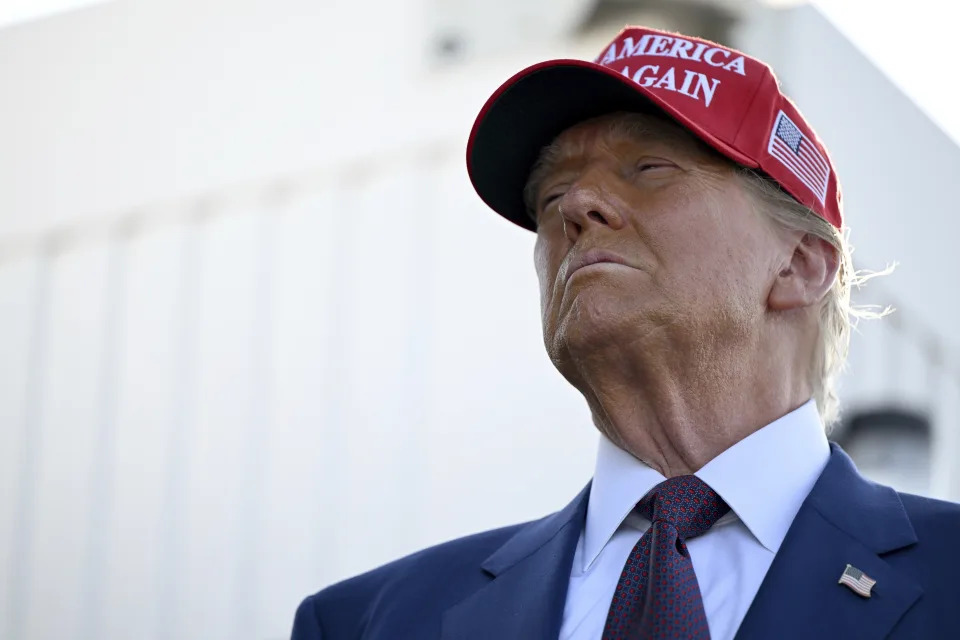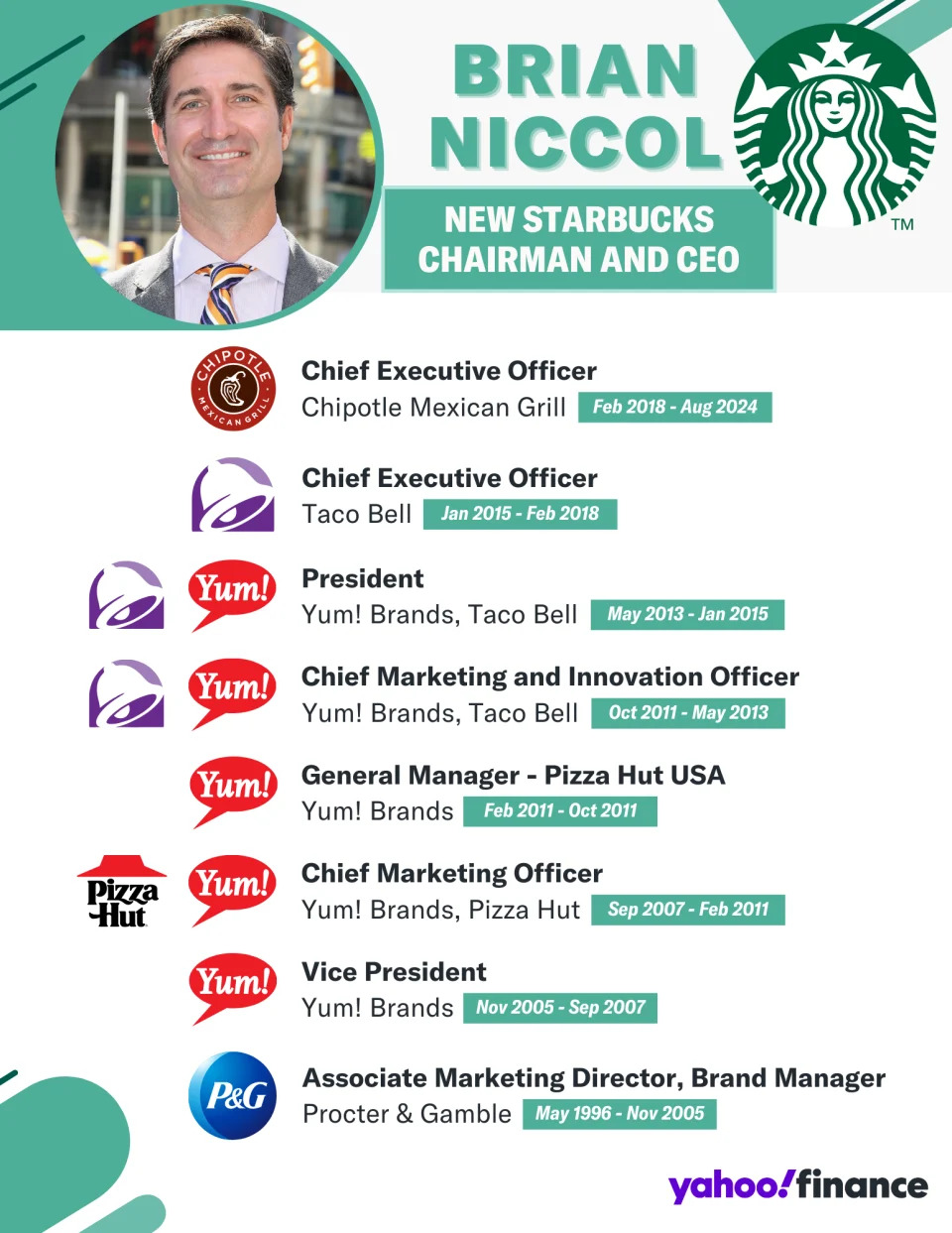President-elect Donald Trump announced his day-one intentions for tariffs on three of the United States' top trading partners late Monday.
In a post on his social media platform Truth Social, Trump said he would pass an executive order on his first day in office imposing a 25% tariff on imports from Canada and Mexico as well as a 10% tariff on goods from China "above any additional tariffs."
A reminder to investors that the incoming president once described himself as a " tariff man " and appears not to have lost this enthusiasm.
"Trump doesn't see allies, only adversaries," Stephen Brown, deputy chief North America economist at Capital Economics, wrote in a research note Tuesday morning.
"Now it's Canada and Mexico in the firing line, but Europe could easily catch the next stray bullet."

"This Tariff will remain in effect until such time as Drugs, in particular Fentanyl, and all Illegal Aliens stop this Invasion of our Country!" Trump wrote. "Both Mexico and Canada have the absolute right and power to easily solve this long simmering problem."
Migration across the US-Mexico border has fallen sharply in 2024 since its dramatic increase last year.
"The implication seems to be that the countries could avoid these tariffs by presenting credible plans to take action to reduce drug supply or secure their borders, much like how Mexico staved off a similar threat from Trump in 2019," Brown wrote.
Read more: How do tariffs work, and who really pays them?
Trump's tariff threats may also face legal challenges , as Yahoo Finance’s Ben Werschkul noted Tuesday. His tariffs on goods from Mexico and Canada would potentially violate the United States-Mexico-Canada Agreement (USMCA) he signed into law in 2020, though the trade deal between the countries is up for renegotiation in 2026 .
And unlike blanket tariffs, duties aimed at specific countries have strong legal protections.
Still, Brown noted, "Existing free trade agreements won't save countries from Trump’s cable-news wrath."
On Tuesday, shares of American automakers suffered, with General Motors ( GM ) stock falling 8.9% while Stellantis ( STLA ) dropped 5.7% and Ford ( F ) slipped 2.7%.
European automakers Volkswagen ( VWAGY ), Mercedes ( MBGAF ), and BMW ( BMW.DE ) also saw declines as the tariff threats raised questions about the future of their operations in Mexico .
Trump's 2018 tariffs on steel and aluminum imports cut into the profits of automakers such as Ford and General Motors . A Federal Reserve study found these tariffs also led to a reduction in manufacturing jobs .
American retailers such as Walmart ( WMT ) and Lowe's ( LOW ) have also been bracing for potential impacts on their production costs.
Others have reiterated their support for Chinese operations amid these tariff threats, with Apple ( AAPL ) CEO Tim Cook saying during his visit to China this week , "I value [Apple's partners in China] very highly. We could not do what we do without them."
Apple manufactures most of its iPhones through Foxconn in China, and China is its second-largest consumer market.
The uncertainty that follows Trump's diplomacy-by-social-media tactic also has investors cautioning about overreacting to this or any development around trade and tariffs before any policy or proposal is finalized.
"Our view remains that tariffs will eventually not end up as bad as feared, but we will see increased uncertainty over the coming months," Jefferies analyst Mohit Kumar wrote in a note to investors Tuesday.
"Tariffs will further support the view of US over rest of the world from an investment perspective," Kumar wrote, suggesting these duties may offer an opportunity for investors.
Capital Economics' Brown added that, "Given the likelihood that these types of threats will be commonplace for the next four years, there is a risk of overinterpreting them."
Still, the speed with which Trump appears to be putting plans in place signals the incoming president is looking to "move much more quickly with tariffs than during his first term."






